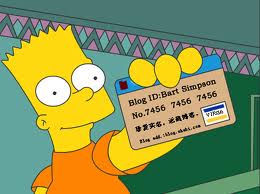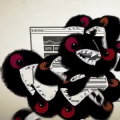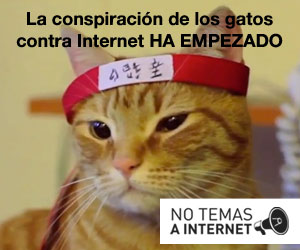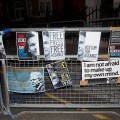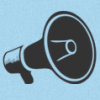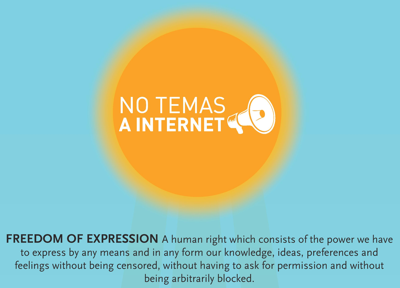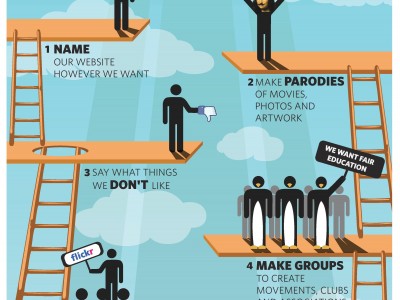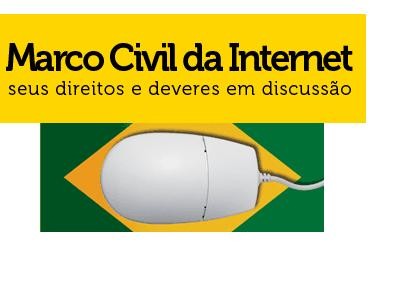Stories about Free Expression from August, 2012
Colombia: CELE Analyzes Constitutionality of Bill Lleras 2.0
The Center for Studies on Freedom of Expression and Access to Information (CELE, according to its Spanish acronym) requested to be considered as “friend of the court” in order to provide inputs for the discussions around the unconstitutionality of Bill 1520, also known as "Bill Lleras 2.0", which reforms the copyright regime in Colombia.
South Korea: Internet “Real Name” Law Violates the Constitution
The South Korea Supreme Court decided on August 23, 2012 that the Internet “real name” policy is unconstitutional. From local media outlet, Kyunghyang Shinmun: The judges unanimously voted that clause 5 of article 44 in the Act on Promotion of Information and Communications Network Utilization and Information Protection, which requires...
EFF's Guide to ‘Keeping Your Site Alive’
EFF's new guide, 'Keeping Your Site Alive,' offers key strategies for keeping a website online in the event of a denial of service attack.
“Don't Fear the Internet”: To Create is to Express Yourself
Creating, informing, and thinking differently have always been viewed with suspicion. In a new video, NGO Derechos Digitales encourages Internet users to "not fear the Internet" and to support an online environment that allows for the democratization of culture.
“Don't Fear the Internet”: Copyright and Online Freedom of Expression
At this stage of the "Don’t fear the Internet" campaign we will focus on how some specific copyright laws and practices end up discouraging the use of the Internet for human expression. Here are five introductory answers to a problem that unites global activism against SOPA, ACTA, TPP, etc.
Assange Asylum Granted After Threats from UK Authorities
This morning, Thursday 16 August, 2012, in a press conference streamed from the website of the Ecuadorian Ministry of Foreign Affairs, Minister Ricardo Patino declared that the country would grant asylum to the Founder and Editor of WikiLeaks, Julian Assange. This comes after threats by UK authorities to remove Assange from the Embassy.
“Don't Fear the Internet”: Chile's Voto Ciudadano initiative
"Don’t Fear the Internet", an initiative that seeks to highlight the importance of online freedom of expression, looks at the case of "Voto Ciudadano" (Citizen Vote), a platform that gives citizens the opportunity to vote on different issues.
Argentina: New Study Analyzes Human Rights Impact of Online Surveillance Practices
"Online surveillance: What does monitoring and detecting content on the Internet mean?" is a new article by the Center for Studies on Freedom of Expression and Access to Information (CELE) of the University of Palermo, Argentina.
“Don’t Fear the Internet”: An Infographic
We’ve already shown you how the Internet, without freedom of expression, loses its value; and how this right involves things as simple as choosing a domain name. Now we present a new infographic from our campaign #NoTemasaInternet (Don’t fear the Internet) where we want to show, in simple and didactic terms, some of the things you can do on the Internet thanks to your right to freedom of expression.
Tweeting the Principles of Internet Freedom
In an effort to promote the principles of an open Internet, Mera Szendro Bok encourages readers to tweet the Declaration of Internet Freedom.
Brazil: Congress to vote on “Bill of Rights” for Internet users
The Marco Civil da Internet, a "bill of rights" for Internet users proposed in Brazil, would represent a paramount advance in country's progressive digital policymaking agenda. Officials expect the law will come to a vote on August 8. Rather than framing digital policy as a matter of criminal violations, the law sets rights for users and aims to balance these with the interests of online companies and law enforcement.


